

S 1.2.1. Agroforestry, Gender and Tenure
Organiser: WR India
The panel on ‘agroforestry, gender and tenure’ at ILDC 2020, will discuss the role of gender, land tenure and tree tenure in scaling agroforestry in India. The panel will discuss the incentives for uptake and barriers to scaling agroforestry in India. Focus will be on sharing learning and experiences of implementing agroforestry in India, insights on land Agroforestry pathways can help India achieve several international commitments to landscape restoration.

S 1.2.2. Realizing the potential of India’s forest sector: role of innovative technology, finance and market mechanisms
Organiser: The Nature Conservancy-India
India’s forests are pivotal to the country’s strategy to combat climate change with an ambitious goal to add 2.5-3 billion tonnes of CO2e through additional forest and tree cover by 2030. Innovative ‘finance & market mechanisms’ and innovative ‘technology’ will enable India to realize the transformative potential of the country’s forest sector beset with a range of challenges despite growth in many areas.
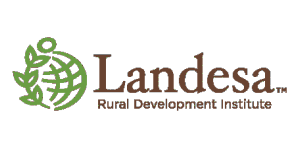

S 1.2.3. Women and Land: Getting Ground Realities
Organiser: Landesa & WGWLO
In this session we will talk to some people working on ground and gain insights of how people working on ground experience this complication. What does a piece of land mean for women? How do women feel when their rights are denied? What challenges do they face in accessing what should rightfully be theirs? Where are the knots? How women navigate through them? What encourages and discourages them? What different organizations are doing? How easy or difficult is to fix the gap? How far is the goal?

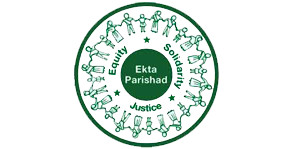
S 1.2.4. Large Scale Land Acquisitions in India: New Act with Old Challenges
Organiser: University of Cambridge; Ekta Parishad
This session will deliberate on the scale of stalled investments in India and the primary drivers of land conflicts across India. It will throw light on the procedural challenges and experiences with the implementation of RFCTLARR Act 2013. It will also share learnings from an ongoing research project titled- ‘Fair Community Benefits and Equitable Land Governance’ – that focuses particularly on two critical research questions around large scale land acquisitions: (i) Developing ‘fair compensation’ models; and (ii) Articulating a Rights Recognition Framework for the ‘Occupants’ on the common land. The research team is working closely with government and civil society actors to develop an improved land governance framework, and to explore ‘sustainable solutions’ for local communities to secure their lives and livelihoods. The panel will have a representation from State Government, Academia, Corporations, Civil Society and Judiciary.
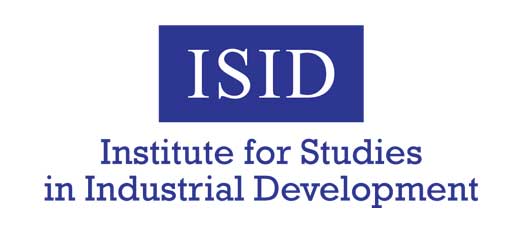
S 1.3.1. Industrialisation and Land Related Issues: SEZs and Industrial Corridors
Organiser: Institute for Studies in Industrial Development(ISID)
Session aims to organise a dialogue among the researchers, governments, businesses, entrepreneurs and professionals to brainstorm on the land related issues connected to industrialisation. There is a need for rejuvenating, restructuring and rationalising the entire SEZ policy to plug the various loopholes and take the industrialisation process forward

S1.3.4 Caste, Land, and Social Justice
Organiser: Housing and Land Rights Network At this panel, independent experts and Dalit rights activists will discuss critical questions and various dimensions, including gender, of caste-related discrimination in the access, use, and ownership of land that results in multiple violations of human rights, including land rights.





S 1.4.4. Land Agenda 2030 Conclaves: Convening on SDG 5 a 1: Stocktaking & Way Forward
Organiser: FAO, Landesa, MAKAAM, UNWomen, WGWLO
This panel conversation seeks an assessment of India’s movement towards this SDG target while attempting to broaden and deepen the discourses and engagement, by bringing forth these and other such arguments to table. Essentially it seeks to expand and diversify the engagements of global and local actors around SDG 5 a and use this ILDC platform to trigger alliances and commitment in this important journey.

S 2.2.2. Claims, Contestations and Citizenry among the Informal Settlements
Organiser: Xavier School of Human Settlement, Xavier University, Bhubaneswar
The panel will explore this claims, contestations and citizenry among informal settlements in global in following topics

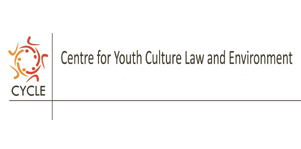
S 2.3.2. One City Many Faces : Lal Dora Lands in Delhi
Organiser: CYCLE, HLRN , and NRMC
In the backdrop of the Land Pooling Policy of Delhi 2019, which envisions covering 15,000 acres of village land in Delhi, the aim of this panel discussion is to hear the affected community speak about the Lal Dora realities, and along with various state and non-State actors, discuss how to bring governance reforms to Lal Dora areas, which are left behind.
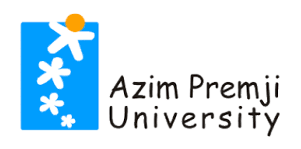

S 2.4.2. How Secure are the New Urban Tenures? An interdisciplinary and Legal Enquiry?
Organiser: Tata Trusts, Azim Premji University & NRMC Centre for Land Governance
This session seek to bring to the discussion table the on-going and past experiments around securing the urban land tenures through federal, state and city initiatives involving innovations and disruptions. More importantly, we attempt to analyze the neo-urban tenures, their interaction with existing informalities and the emerging and potential implications, adopting a multi-disciplinary lens in general and legal angle in particular.
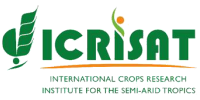
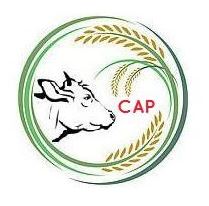

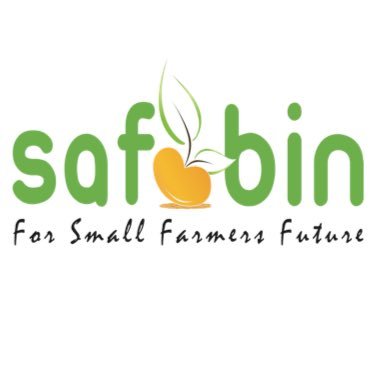
S 2.4.4. Land Agenda 2030 Conclaves:Moving India’s Needle Forward towards SDG 2: Can Inclusive Tenure Security help expediting Food & Nutrition Security and Doubling Farm Income?
Organiser: ICRISAT, Centre for Agriculture Policy Dialogue, Caritas-SAFBIN
This will be a panel discussion to analyse the India’s preparedness around the these production, income, nutrition and tenure targets and indicator, while also explore potentially synergistic convergent policy and institutional pathways to expedite the progress, while taking a stock of advances and gaps.

S 3.1.1. Can land governance be an instrument for social justice in neoliberal era?
Organiser: Centre For Social Justice
We aim to analyse land governance as a cross-cutting subject touching upon inclusion for tenure security and social justice; interactions between different institutions like government-market-society; innovation on systems and technology; and sustainable development. We explore analysis leading to examine whether land governance is an instrument for social justice on three most controversial issues of land governance – forest rights, land acquisition, and land titling. The analysis will be undertaken from the perspectives off our estates legislative process, role of the judiciary, land administration, and media. This discussion would throw light on ways to ensure social justice through instrumentalities of land governance.
S 3.3.2. Resettlement of Project-Affected-Families:
Where are we going?
Organiser: The Energy and Resource Institute (TERI)
The session seeks to discuss the attributes of the design and implementation framework of a successful resettlement plan. Specifically, the objectives are:
1. Identify the role of PAFs in resettlement plan preparation and execution
2. Understand the challenges faced by Acquiring Bodies in the resettlement process
3. Gain insight into the Project proponent’s conception of best practices in resettlement
4. Acquire knowledge of the current trends in resettlement of PAFs
S 3.3.3. Good Practices leading to People centred land governance – Experiences from different parts of the country
Organiser: Land Forum India
In this session, the panelists will present the good practices they have developed over the years to ensure people’s participation in various contours of land governance. This will range from the active involvement of women, youth, tribals, pastoralists and other marginalized groups. The layer complicates from engaging with bureaucrats to CSOs to community to media to customary leaders. All these will be the area of discussion. The session will trigger the discussion for exchanging the learning from one-another’s experiences.
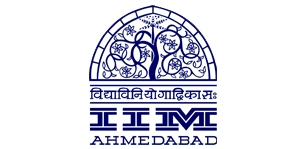
Organiser: Centre for Management in Agriculture, IIM, Ahmedabad
The discussion we will bring the debate of sustainable and land use and food system keeping land tenure/land right in the centre. For instance, the diversity of dietary system to the larger extent depends on customary land tenure. Sufficient literary evidence pointed out that the technological and adoption both depends on the land tenure. The better land tenure system improves the access of land that enables access to mechanisation and financial market.

SP.1.1. Open Land Data and Financial Inclusion in India: Prospects and Challenges
Organiser: Terra Economics and Analytics Lab
This round table discussion aims to bring together a panel of senior government officials, practitioners from the financial sector, and independent experts to help identify the extent to which limited land data inhibits financial inclusion and identify an action plan to resolve the bottlenecks.
